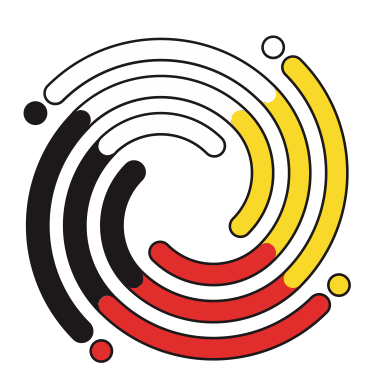
What I Do
I've participated and led local and national health transformation initiatives for more than a decade. In the past year I've refocused the learnings I've absorbed in the frames of design, system and alignment thinking. I strongly believe that the solutions to our our most complex, multi-stakeholder problems requires us to reframe what we think is possible.
The status quo isn't just undesirable, its not an option.
I write
I speak
I organize
I facilitate
Writing
“A dichotomy exists between outcomes in Indigenous health and all other areas of health in Canada. In the former, signing a political agreement with the promise of action...is celebrated as a major win. In the latter, the only wins that matter are those affecting direct patient care...”
“Expectations don’t take decades to change. They change in a moment. And as Medicare has proven time and time again, that changes everything.”
“Few argue the status quo is an option. Still, we justify our inaction through familiar excuses: jurisdictional ambiguity; a need for more research; a belief Indigenous patients don’t care about their health or are uneducated; disparities as a result of inherent genetic and cultural characteristics. We approach the challenge waiting for someone else to act, repeating yet another study or dismissing it outright.”
“My personal experience with indigenous patients and their concerns regarding medically assisted dying are very different from my experience with mainstream Canadian patients. One reason is that medically assisted dying has existed in our communities for more than a century.”
Speaking
“Incremental Change is Not Enough”
“Emerging Indigenous Leader Award”
“Challenges Faced by Indigenous Peoples”
“Indigenous Peoples and Digital Health”
The Indigenous Health Alliance, led by Vice-Chief Robert Merasty (Federation of Sovereign Indigenous Nations), Grand Chief Sheila North (Manitoba Keewatinowi Okimakanak), Grand Chief Alvin Fiddler (Nishnawbe Aski Nation) with members of the HealthCareCAN Board at the 2016 Great Healthcare Debate.
Indigenous Health Alliance
In mid-2013, three First Nations in Saskatchewan tasked a mixed group of health experts to answer the question "Why are Indigenous Peoples so sick?" As we dug into that question, it quickly became apparent that the solutions to Indigenous health disparities would not come from understanding sickness, but from understanding why other Canadians were so healthy.
As a team lead with the Alliance, over four years we created a framework for health system transformation that was presented to the federal government as a proposal from three Indigenous provincial/territorial organizations (IPTOs) and with the support of the Assembly of First Nations.
Since completing the project in 2017, the IPTOs have gone onto health transformation initiatives of their own.
Canada's first Indigenous design lab
Following the completion of the Indigenous Health Alliance project, Alignment by Design Labs was founded to institutionalize the insight gained from four years of engagement with government, Indigenous communities, Indigenous political/advocacy organizations and health system stakeholders.
Consolidating our Learnings
Alignment by Design has three in-lab goals:
- Support individuals, organizations and institutions to apply design, systems and alignment thinking to solve complex, multi-stakeholder problems
- Facilitate design sprints and marathons to unpack complex, multi-stakeholder problems and create consensus-based, community co-created action plans towards iterative solutions
- Apply systems and alignment thinking to existing iterative action plans so progress can be measured and continuously evolve
Expanding our Impact
Alignment by Design has two out-of-lab goals:
- Partner with non-profits, charities and educational organizations to create alignment labs using the ABD Framework
- Spread systems, design and alignment thinking through individual and organizational training and development


